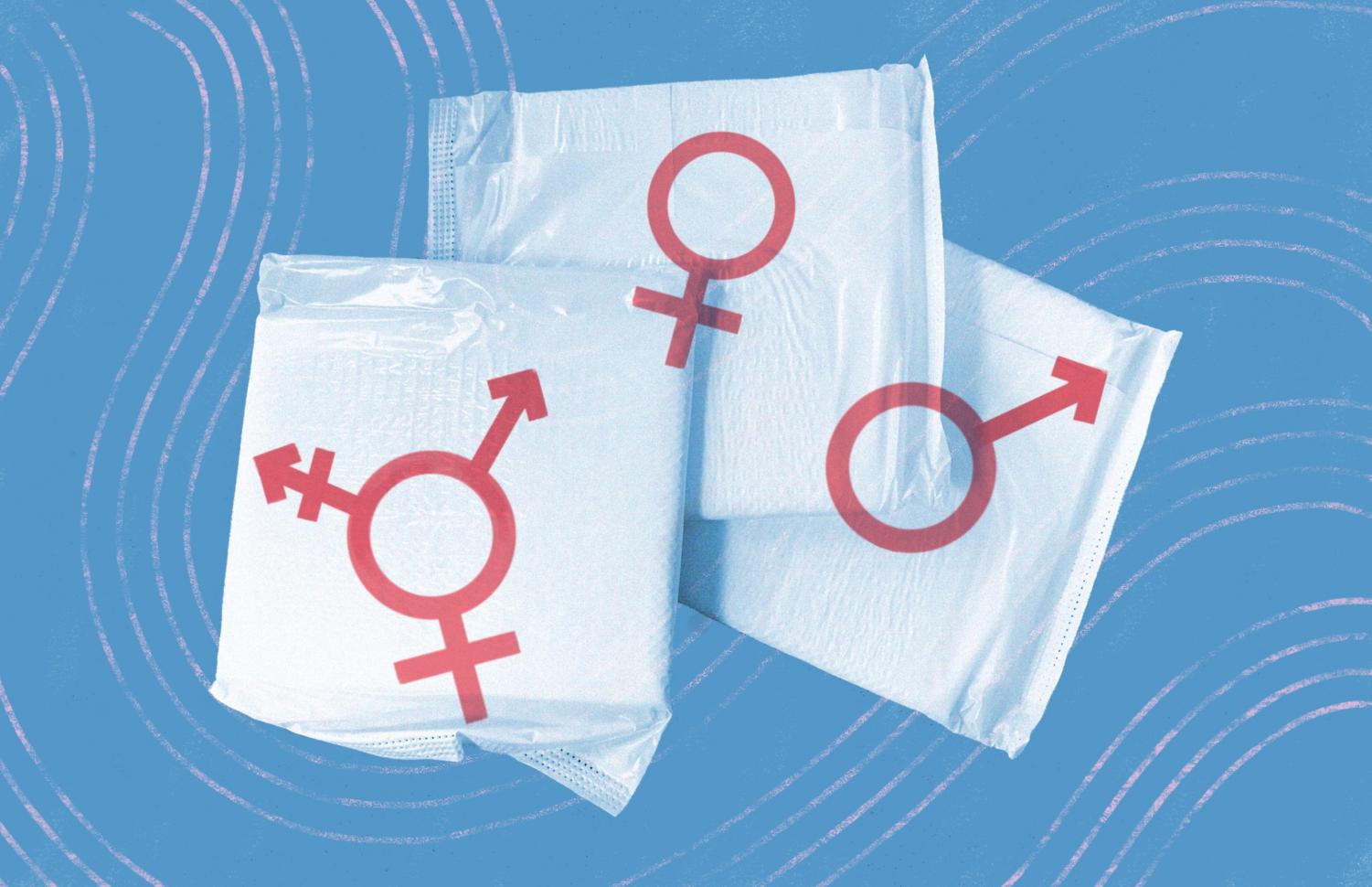Editorial: The Venus symbol goes, genderless inclusion stays
November 2, 2019

Period product companies cannot decide who gets their monthly period, so they shouldn’t sell products as if they can.
On Oct. 22, Procter & Gamble, parent company of the period product brand Always, announced it would be removing the Venus symbol from its packaging. By removing the symbol, which depicts a circle with a small cross hanging below it to represent females, the company is embracing transgender and gender nonconforming consumers, as reported Oct. 23 by CNN.
The company released a statement saying, “For over 35 years Always has championed girls and women, and we will continue to do so. We’re also committed to diversity [and] inclusion and are on a continual journey to understand the needs of all of our consumers,” as reported in the CNN article.
This decision came after transgender activists and allies encouraged the company to remove the symbol for a few reasons, namely because not all people who menstruate are women and not all women menstruate.
This is a noble sentiment coming from a company that dominates the period product industry. It also sets the path to normalizing menstruation, taking us further from the idea that people who experience periods need to feel ashamed about it. This also attempts to neutralize the “otherization” of transgender or gender nonconforming people who experience periods.
Because Procter & Gamble did not wait for LGBTQ+ Pride month before publicizing this move, it shows this wasn’t an act of sensationalism. It was simply a direct response to a market need.
The only other way to better this stance, which should be adopted by all mainstream period product providers, is to rebrand the packaging altogether. By removing colors, language and images that suggest periods are for pink, frilly women, the concept of genderless periods could be furthered.
Moving away from the color coded hygiene aisles of stores, menstrual products ought to be provided in spaces that don’t cater directly to, and only for, women.
Schools could capitalize on this wave of inclusion by providing these products in all bathrooms. Loyola University, for example, placed period products in their men’s bathrooms. This does not need to be a taboo action or something that makes local headlines—it just needs to happen.
While it may be taking place on Loyola’s Jesuit campus, at Columbia—an allegedly progressive school—women’s bathrooms have a lack of available menstrual products, as reported Oct. 4 by the Chronicle.
In an effort to support all students who walk around campus and are hit monthly by their period, it would make sense to offer more of these resources in more spaces.
If Columbia is going to tout its gender-inclusive bathrooms, it needs to follow through with making menstrual products available to anyone and everyone.
At the end of the day, there is no need to gender bodily functions, and the gusto with which they are gendered is nothing more than frivolous action. Inclusivity means accessibility and a lack of shame, and the actions of Procter & Gamble prove that.
Cherry-picking who to market these products to, as well as where they are accessible, not only is a disservice to the millions of people who use them, but is also a closed-minded ploy to suffocate a corner of the market that would be willing to pay money for this necessity.






